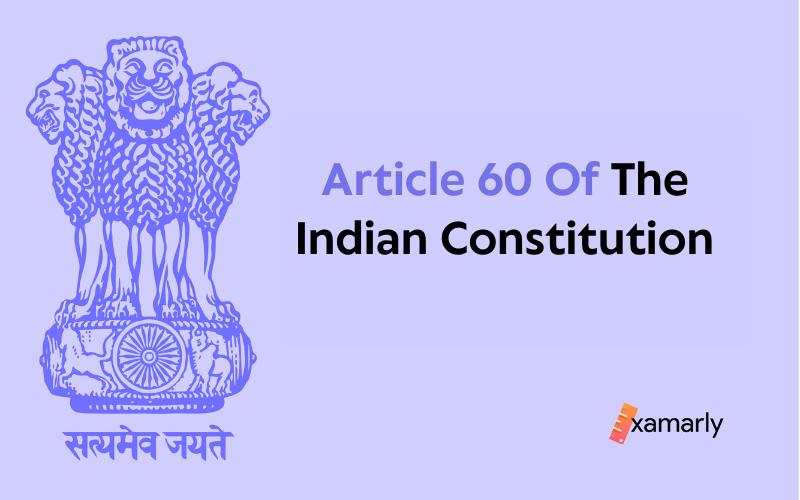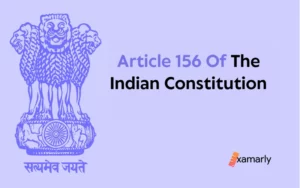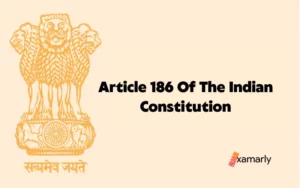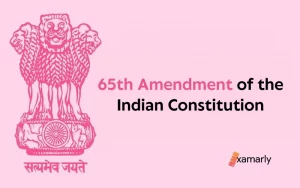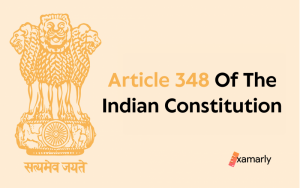Part V of the Constitution contains Article 60 of the Indian Constitution. Articles 52 to 62 of the Indian Constitution state details and specificities regarding the President and their power. The President is the Executive power in the Union of India. Previous articles dealt with the Presidential election, the term of office of person elected, the qualifications for membership and those required to head the respective office, and the discharge of functions by the office of President.
The president is elected with various forms of executive and authoritative powers. They are required to take an oath and affirmation, just like any other position in the government with sufficient importance in contributing to the administration and functioning of the country’s policies. Article 60 of the Indian Constitution specifically talks about the oath a President has to take before entering his office and upholding prescribed power. What is the affirmation under Article 60? What does it promise? Who oversees this affirmation? Let us find out.
What Is Article 60 Of The Indian Constitution?
According to Article 60 of the Indian Constitution, the President takes an oath before entering office. The oath includes a promise to uphold the constitution and protect it. The President of India takes the oath in front of the Chief Justice of India. In the event that the Chief Justice is not present, the senior-most Judge of the Supreme Court administers the oath. The article also specifies that this procedure is to be followed even in a situation where there is an acting President who upholds the authority and functions designated to a President.
What Does The President Promise?
What is the content of the President’s oath? Well, just like any other person holding top government positions, the President is also expected to make a public promise of upholding certain values and conducting certain duties assigned to him. Here, the President promises to:
- engage with all offices of the President with utmost faithfulness and execute the prescribed duties with honesty
- defend, protect and preserve the Indian Constitution
- devote themself selflessly to the matters of service and the well-being of the citizens
Who Administers The Oath Ceremony?
The authority to administer the oath for the President is designated to the Chief Justice of the Supreme Court. If the oath-taking happens in the absence of the Chief Justice, then the senior-most judge of the Supreme Court administers the oath.
Discharging The Functions Of The President
The president is relieved of his or her duties from the office under the President (discharge of functions) Act of 1964. A president has some legal immunity while in office, but he or she is also subject to impeachment proceedings. It does, however, happen very rarely. By the end of their term, the president is usually discharged. Article 61 details the procedure for impeachment and various details of the removal of office by impeachment. Nevertheless, a few reasons for relieving the President are:
- Termination of duties following the death of the President
- Discharged of duties following the resignation
- The president may be removed through impeachment.
- The Supreme Court of India can also remove the president.
If the President is discharged, then the immediate individual who takes over the position of president is instructed to partake in the same oath as the president.
Check out the linked article to read more about other articles from the table given below.
| Article 58 Of The Indian Constitution |
| Article 39 Of The Indian Constitution |
| Article 11 Of The Indian Constitution |
| Article 23 Of The Indian Constitution |
| Article 28 Of The Indian Constitution |
Conclusion
The President of India holds a powerful and responsible position in our country. Provision of Article 60 highlights the oath taken by the President before carrying out these duties.
FAQs On Oath Or Affirmation By The President
What Article 60 Of The Indian Constitution Deals With?
It deals with the oath or affirmation taken by the President of India before entering into the position.
What General Duties Of The President Are Mentioned In The Oath?
Duties to be executed towards (i) the office of President (ii) the Constitution of India (iii) well being of citizens
Why President Takes An Oath?
The president is elected with various forms of executive and authoritative powers. This means that there is a need to take an oath promising that they will uphold the duties designated to them selflessly, honestly, faithfully, and to the best of their abilities.


